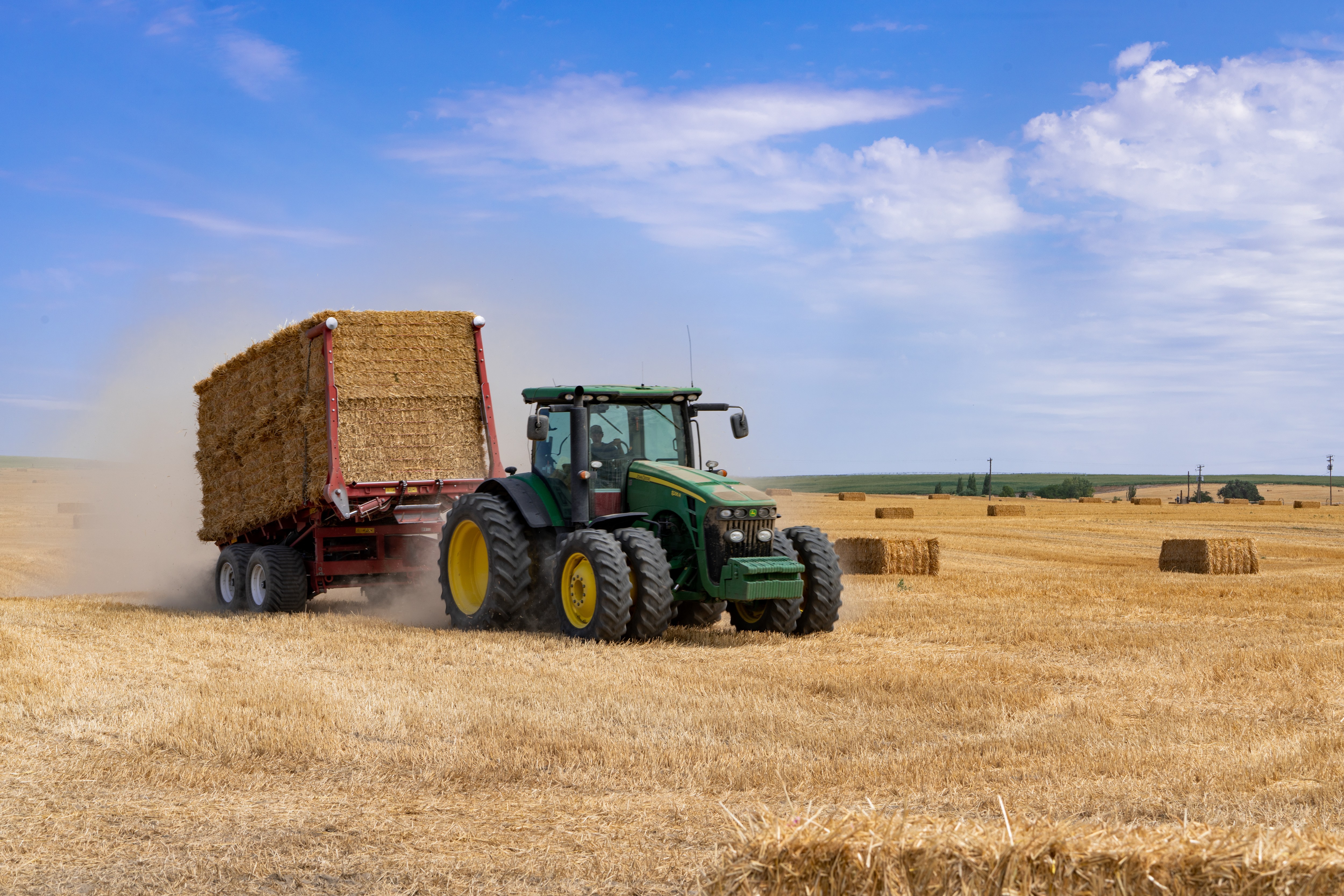Creative Financing for Buyers
Published on May 4, 2021 by Peoples Company

by Adam Woiblet, Designated Broker & Alexi Storm, Executive Assistant | AgriBusiness Trading Group
Given the challenges of 2020, consumers are recognizing now more than ever the importance of the food supply chain. In fact, Americans named farming and agriculture as the most respected profession in 2020 according to a Gallup poll that has tracked American views of 25 major businesses and industries for over two decades. As the average age of farmers continues to increase, an unprecedented amount of land will become available in the coming decades making this an excellent time to consider investment in agricultural real estate.
Savvy institutional investors began to take serious notice of the investment potential of farmland during the years surrounding the 2008 crash. Over the past decade these investment professionals have continued their strong push into this market, however, for most investors a path into the farmland market remains fragmented and confusing. Everyday investors want something that is stable and long-term, yet they do not want to enter a market that is too thin or saturated. In recent years, forward-thinkers such as Bill Gates have begun to shine a light on this real asset-based option that provides a stable investment with little volatility and an asset its owner can actually touch. Since 1991, farmland has produced a positive rate of return each year, generating an average annual return of 11.5%, according to the USDA. Farm and ranch land can also provide additional value to landowners who may convert or use part of the land as recreational property for their own enjoyment or for an additional source of income.
Farmland prices continue to increase throughout the United States due to the possibility of post-pandemic inflation, but a large factor keeping potential investors out of the marketplace is a lack of awareness and perceived high barriers to entry. In many ways, farmland functions similarly to traditional real estate investments in other sectors but with very low or non-existent vacancy rates due to an extreme demand by potential farm tenants. Investors can enter the farmland market as non-operator landlords or landlord entities who own land in agricultural production but are not actively involved in farming. In fact, over thirty percent of America’s farms are now owned by non-operator landlords according to a survey conducted by the USDA’s Economic Research Service in 2016.
Another hurdle keeping investors out of the farmland market is a lack of mainstream financing options for potential buyers. Many banks tend to be wary of offering farm real estate loans to investors and agricultural businesses because they perceive this type of financing to be high risk, but ag lending is a critical business line for many banks, especially those in rural areas. There are also several nonbank lenders in the marketplace and the ag credit market is increasingly competitive for certain types of loans.
One of the more common agricultural financing options is available via the Farm Credit System, which was created by Congress in 1916 to provide American agriculture with a dependable source of credit. The nationwide network of cooperatives provides 45% of the nation’s agricultural credit. Each institution within the Farm Credit System is owned and controlled by the farmers who borrow from it. The Farm Service Agency, a subagency within the USDA, administers federal agricultural lending programs that primarily focus on serving beginning and disadvantaged farmers.
Global and national economic conditions are propelling more and more everyday investors to consider the purchase of farmland as an option to park cash in a real asset that has shown stable and sustainable appreciation with an annual cash return. Low interest rates continue to make agricultural land an attractive investment and the COVID-19 pandemic has reminded people that the basics in life, food and agriculture, are extremely important. AgriBusiness Trading Group and Peoples Company offer several options to not only locate agricultural assets that may fit investment goals but also offer a myriad of financing options for first time or long-time agricultural asset buyers. Contact us today so we can learn more about your specific goals and how we can assist in making your dreams become a reality!